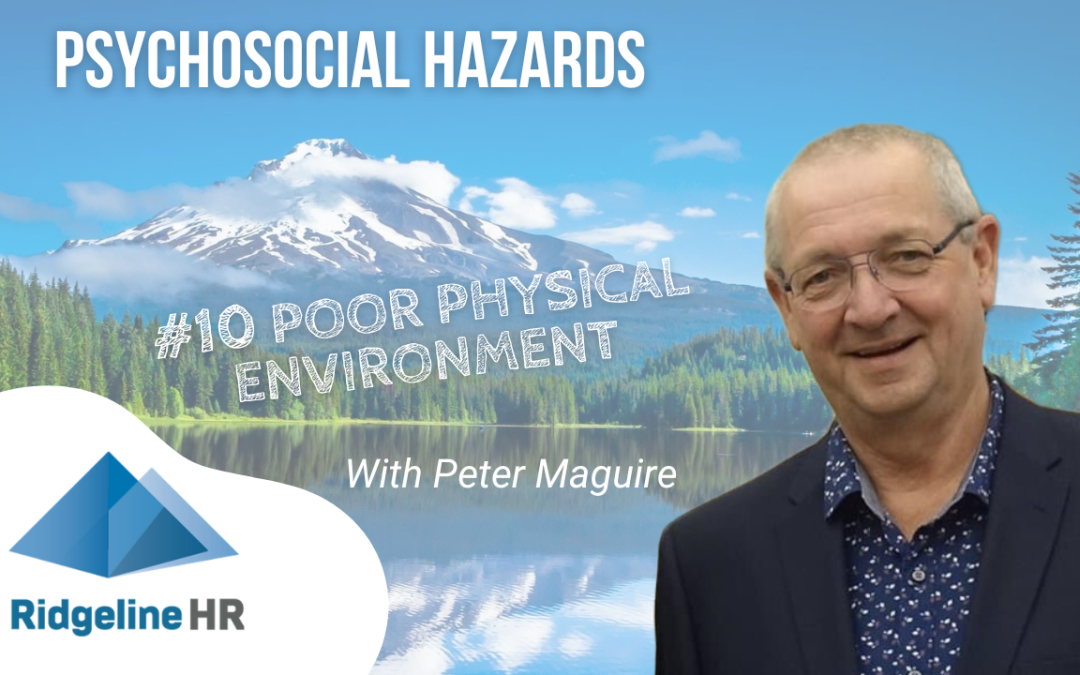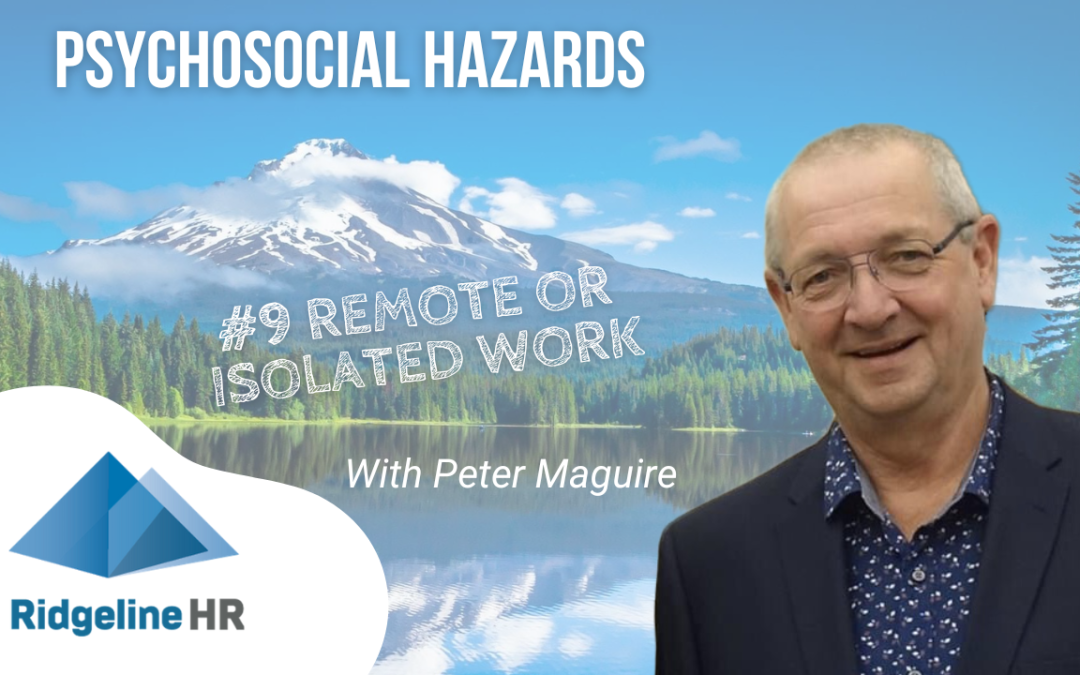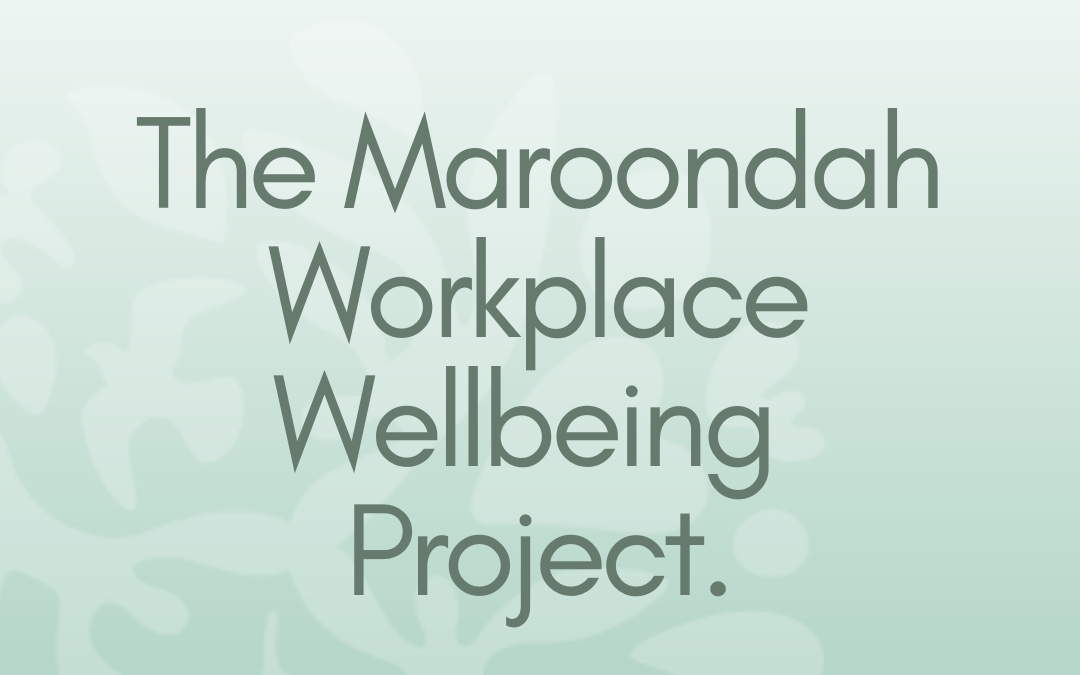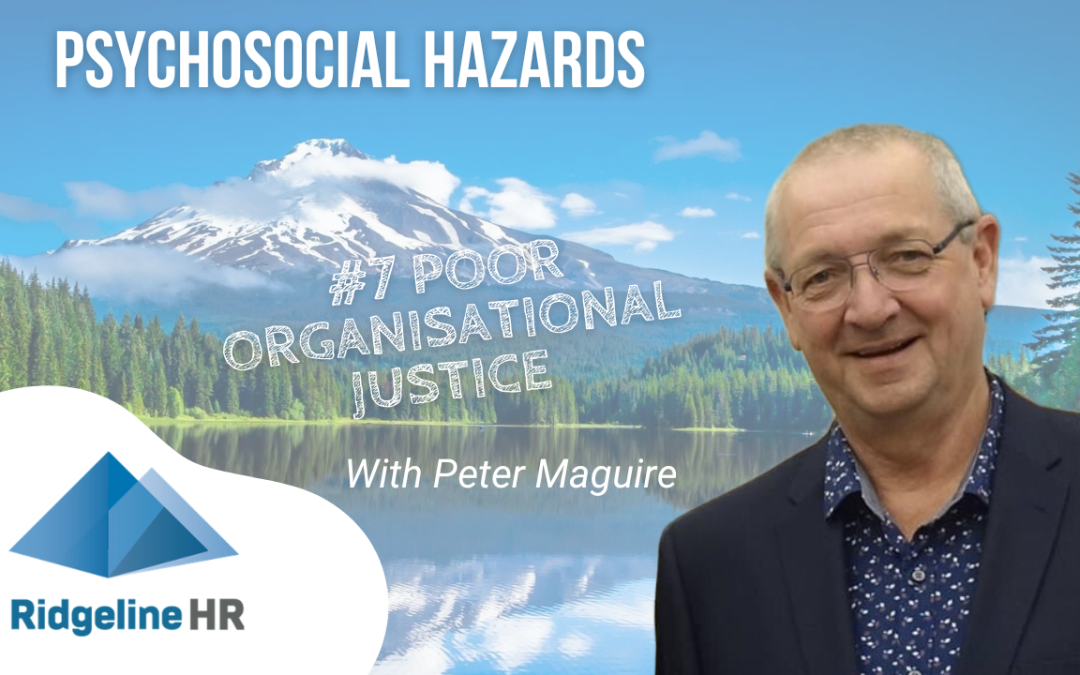
Relationships matter
Latest News & Events
Relationships matter

There are lots of organisations around who say: “people are our greatest asset” but, when we have a good look inside them, we sometimes struggle to see how that tenet is actually being lived in practice
It isn’t unusual to find that organisations can invest a lot in policies, procedures, surveys and metrics and individual development and performance management and still not get the cultural and performance outcomes that they are looking for.
As much as all of that investment in systems, processes, data and resources is important, we are also dealing with human beings and, to a significant degree, the return on those investments is dependent on people’s ability and engagement to utilise those resources and to collaborate with each other.
Yet it is rare that we find that relationships feature significantly, if at all, in performance or development management processes.
If people are your greatest asset, why is that?
The simple reality
In any job that I do, there will be people whom I rely on for certain inputs that I need to do my job and there will be other people who rely on me for certain outputs from me to do their jobs,
Anyone who has implemented lean quality systems understands process mapping and internal customer/supplier relationships and how important they are for getting work processes right with minimal waste and optimal efficiency.
But those relationships are between human beings ie the people or teams who are those customers and suppliers.
How effective are you in assuring that the people in those process chains understand their interdependencies, have the training and resources (including time) to play their part and are supportively held accountable for doing that?
When people arrive
Whether you call it induction or onboarding or orientation or some other name, that new experience when someone joins your organisation has a profound impact on how quickly the new starter settles in and becomes productive and what they think about the culture of their new workplace and whether they will be happy there.
Typically, what we see in this entry program is a lot of stuff around rules and administration and compliance and the physical workplace and work processes/systems and sometimes some stuff around desired organisation culture, values, vision, mission, etc
There might be someone appointed as buddy but we don’t often see anything really constructive in key relationships ie the people this person is going to rely on for stuff and the people who this person is going to rely on to do their stuff.
Given what we have already said about the importance of people, wouldn’t it make sense to help the new starter to understand these key relationships and interdependencies as soon as possible?
We recommend including meetings with each of the people that the new starter is going to have a key relationship with and asking that person to answer 3 questions for the new starter:
- What their role is
- What they rely on the new starter for
- What the new starter relies on them for
Just spending a little time up front on properly inducting a new starter into their key relationships can make such a positive difference to them and their development and the relationships……..and, of course, on their performance and the realisation of return on investment.
Why people leave
There is a mountain of research out there about why people leave organisations. Gallup says people leave managers, Culture Amp says that may be the case sometimes but it is more about leadership and development opportunities. Others says that money and recognition are key issues.
I think that, in the main, people leave problematic relationships just as happens in other elements of life. That might be that I don’t think that my manager appreciates or supports me or it might be that I don’t see positive leadership that I respect and want to follow. It might be that I have outgrown the organisation and it isn’t able to provide me with the meaning that I need from work or meet my personal growth needs. Or it could be that there is one of more internal relationship(s) that are negatively affecting me.
There is a lot that we can influence in all of that by investing in relationships with our people and having open and regular conversations with them so that we become aware of how they are feeling and can act to address any issues for them.
Of course, there are occasions when someone just gets an offer that you can’t match and they think it is too good to refuse or they leave for other reasons such as to start a family or their own business or some other personal endeavour or to retire. If the relationship is sound, those people will be advocates for you as an employer and sometimes people find that “the grass isn’t greener” and “money isn’t everything” and they might just come back if you leave the door open
There have been a couple of times in my career when, on announcing my resignation, my boss responded: “Why are you leaving? We had big plans for you”, Of course, I didn’t know of those plans because they hadn’t told me about them ie they had not invested in the relationship with me.
Don’t let that happen with your people.
The new positive duty regime
This year we are seeing the introduction of positive duties to eliminate or control psychosocial hazards and, guess what……..a lot of those psychosocial hazards are related to the quality of relationships.
Four of those are pretty obvious – “violent and aggressive behaviour”, “bullying”, “harassment including sexual harassment” and “conflict and poor workplace relationships and interactions”.
However, if you explore a number of the other psychosocial hazards, you will find that relationships have a lot to do with the risks associated with the particular hazard – for example, relationships between management and workers or between workers in the same or different businesses or between a company, its people and its customers to name a few.
So, a key part of meeting the new positive duty is to assess relationship risk and put in place appropriate control measures.
Of course, engaging your people in that conversation and building positive relationships is actually part of that process and the solution.
Conclusion
So investing in relationships is important because “relationships matter” – to staff engagement and wellbeing, to staff retention , to productivity and for legal compliance.
So why wouldn’t you do that?
Need help?
-
Give us a call on 1300 108 488 to arrange your free first consultation to see how we can help with advice and support on this or any other HR matter
CONTACT US
Ridgeline Human Resources Pty Ltd
ABN : 24 091 644 094
enquiries@ridgelinehr.com.au
0438 533 311
PARTNER LINKS
QUICK RESOURCE LINKS










